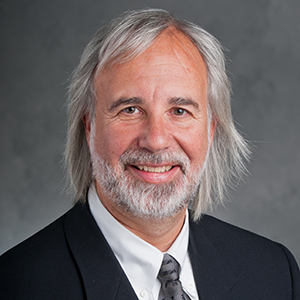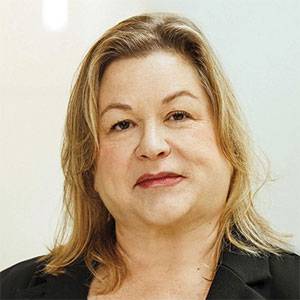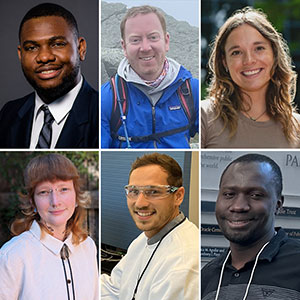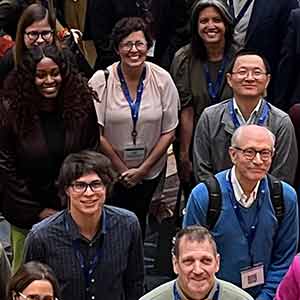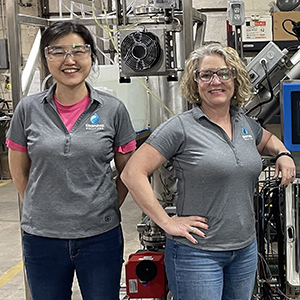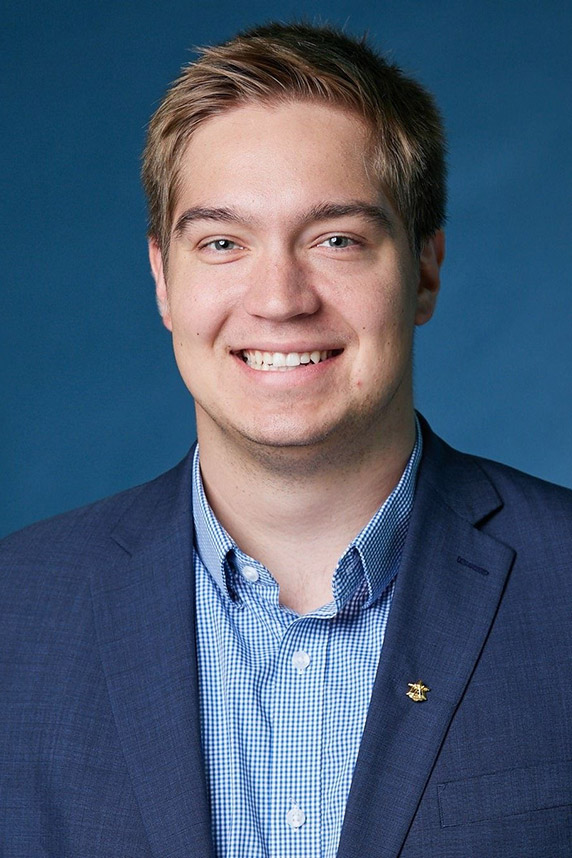
The NIEHS Superfund Research Program (SRP) selected Rollie Mills, from the University of Kentucky (UK) SRP Center, as the 26th recipient of the Karen Wetterhahn Memorial Award. The announcement was made Dec. 5 at the SRP Annual Grant Recipient Meeting in Albuquerque, New Mexico.
This award recognizes an outstanding graduate student or postdoctoral researcher who exhibits scientific excellence and service to the community. The SRP selected Mills for his work developing filtration membranes to protect communities exposed to harmful contaminants in water, and his commitment to igniting rural youth’s interest in science.
“The Wetterhahn Award is a tremendous honor for me,” Mills said. “Knowing that my work is impactful, both within and outside of the UK SRP Center, means a great deal.”
Novel membranes tackle challenging pollutants
Mills grew up in Kryoneri, a small village in northern Greece, where he developed an appreciation for the natural stream that delivered clean drinking water to the village. When he moved to Kentucky, he heard that many drinking water sources in the state were impacted by contamination. He was shocked to learn about these inequities and became interested in ways to deliver clean water to communities in need.
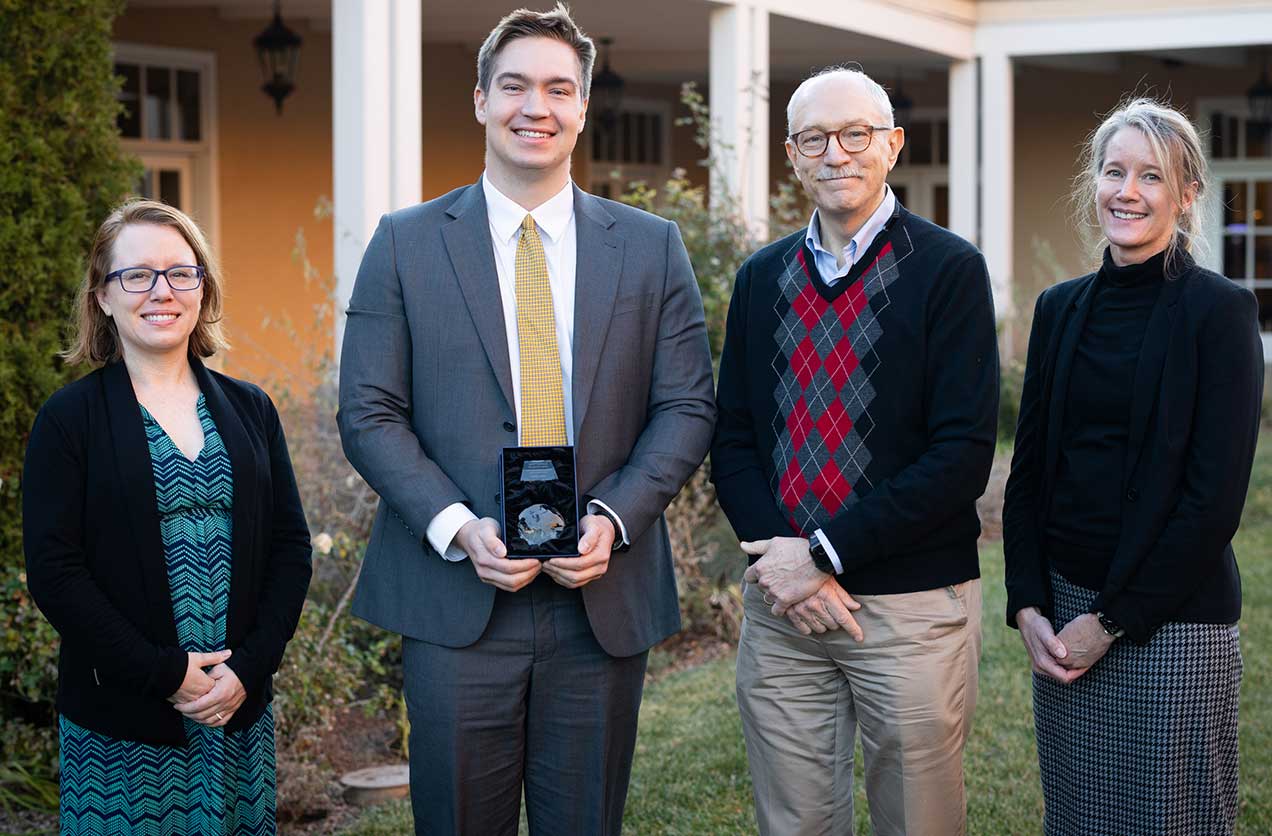
Mills’ current research at the UK SRP Center, headed by Center Director Kelly Pennell, Ph.D., focuses on developing membranes made of hollow fibers to filter harmful chemicals out of water. Working with research advisor and UK SRP Center investigator Dibakar Bhattacharyya, Ph.D., Mills demonstrated that the hollow fiber approach is more effective than industry-standard technologies, such as activated carbon filters.
These membranes are effective at filtering out polychlorinated biphenyls, trichloroethylene, and perfluorooctanoic acid — all chemicals of concern in Kentucky, where up to 90% of lakes and rivers are contaminated with these or other organic pollutants.
As part of the Bhattacharyya lab, Mills and team have adapted their membranes into scalable modules, making them easy to retrofit to existing filtration systems. For example, he collaborated with an industry partner in Louisville, Kentucky, to test his membrane module system with positive results.
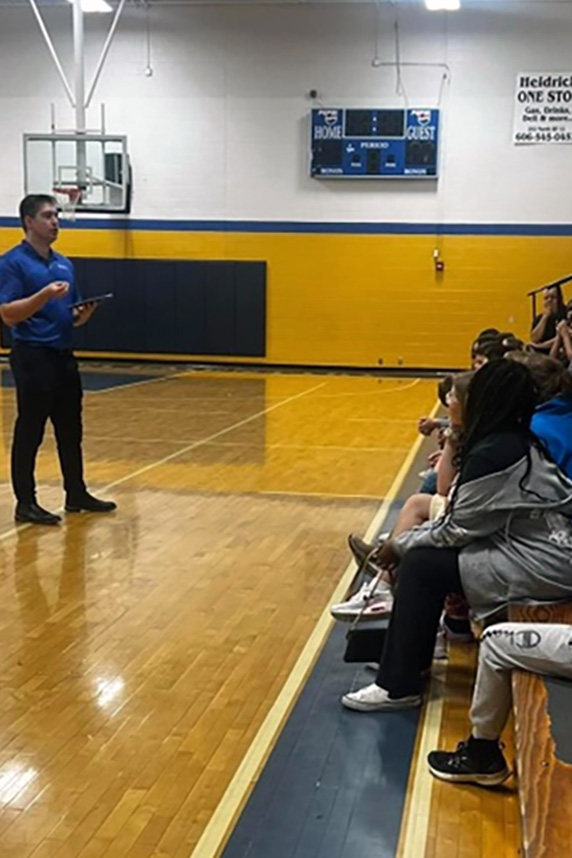
Leading by example
Mills also founded a program called Innovate Appalachia, through which he travels the Appalachian region of Kentucky speaking with students at rural schools about the power of science, technology, engineering, and math (STEM) studies to empower them to better their communities.
“Students who are equipped with the knowledge and skills to thrive in STEM fields will be better prepared for the future, both in terms of job prospects and their ability to make meaningful contributions to society,” Mills said.
A future in entrepreneurship
Mills has thrown himself wholeheartedly into research, youth outreach, and his future aspiration to become an entrepreneur. He hopes to continue creating affordable and effective water filtration technology for home and commercial use to make healthier lives accessible to more people.
“I see the Wetterhahn Award having a lasting impact on my career trajectory,” Mills said. “It could result in collaboration, research, job, or leadership opportunities. I also view this award as a chance to begin investigating other avenues to help public health.”
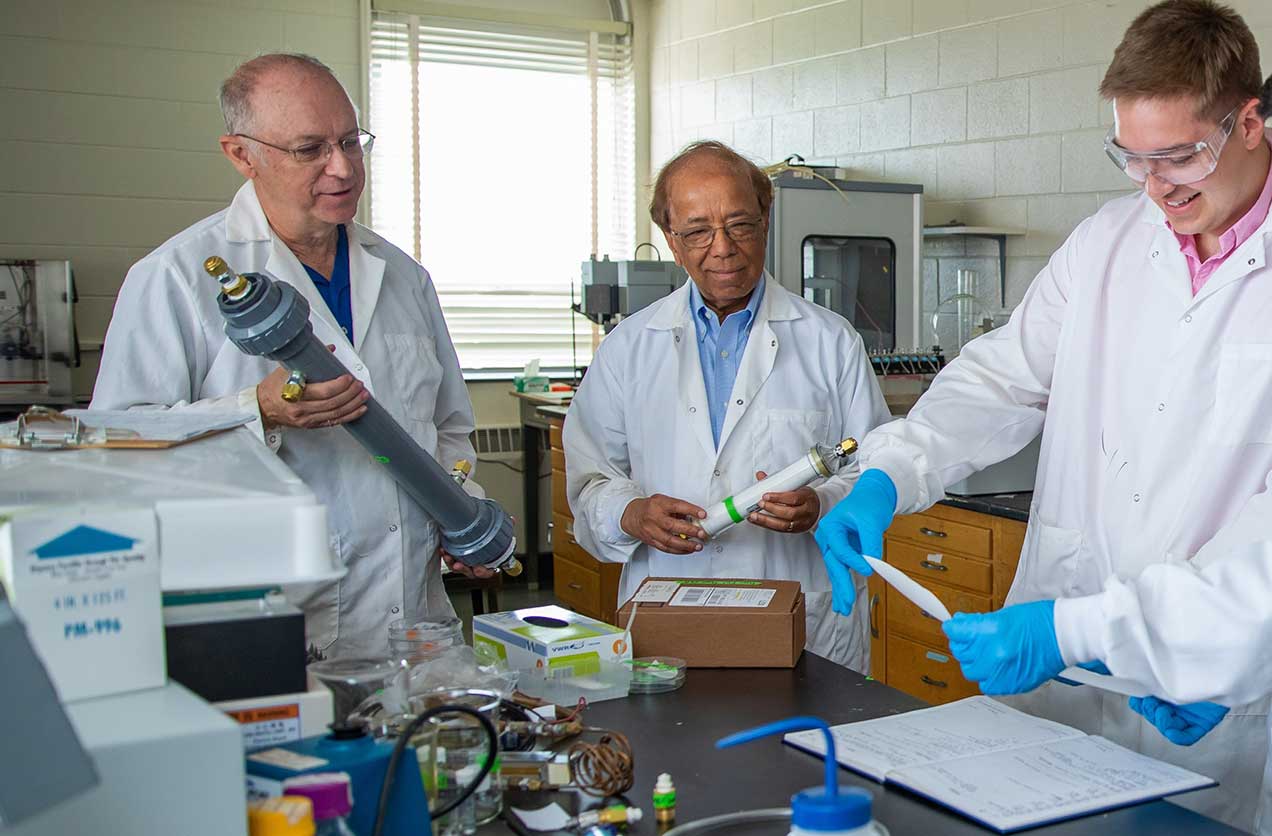
(Lee Cannon is a senior communications specialist for MDB, Inc., a contractor for the NIEHS Division of Extramural Research and Training.)





